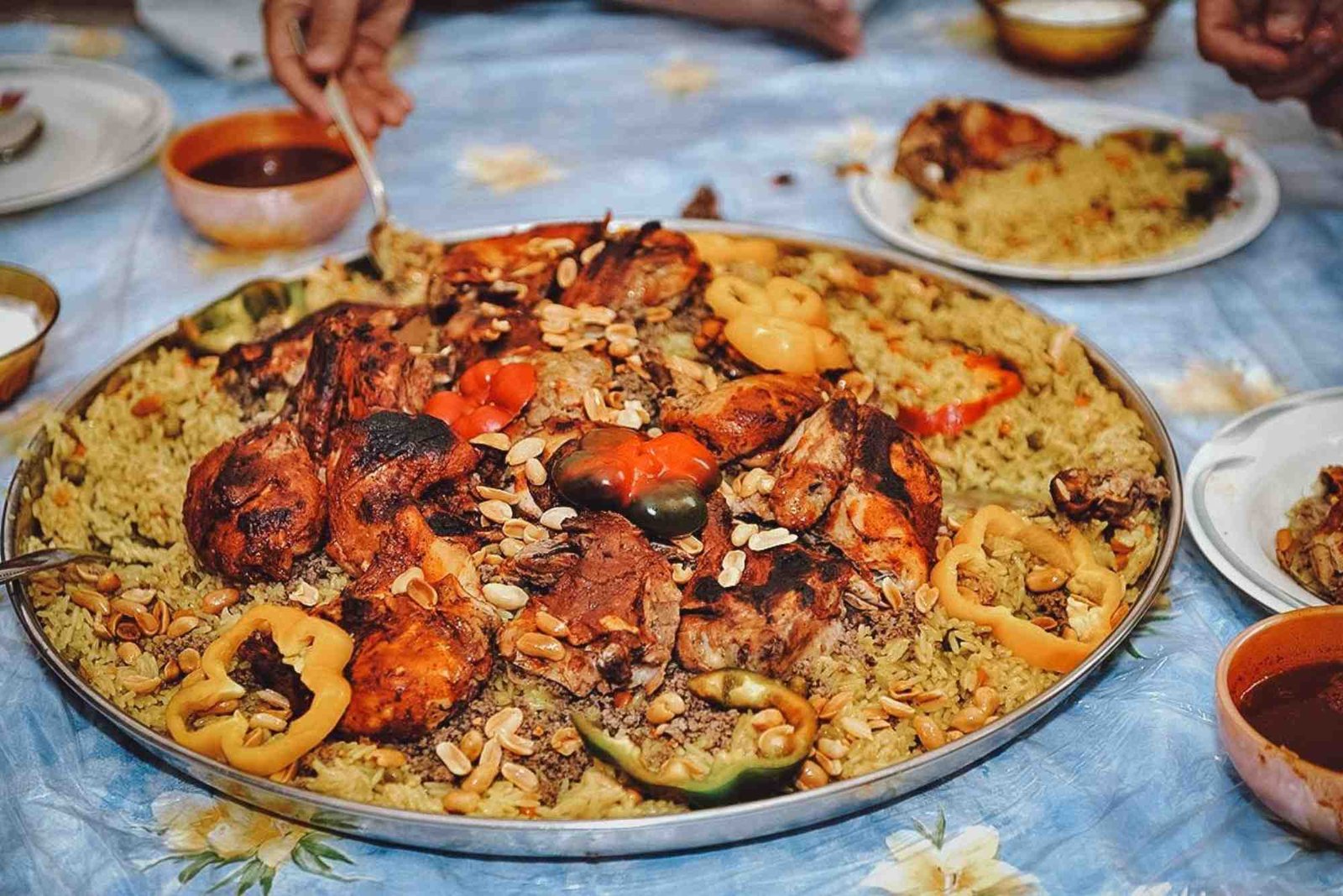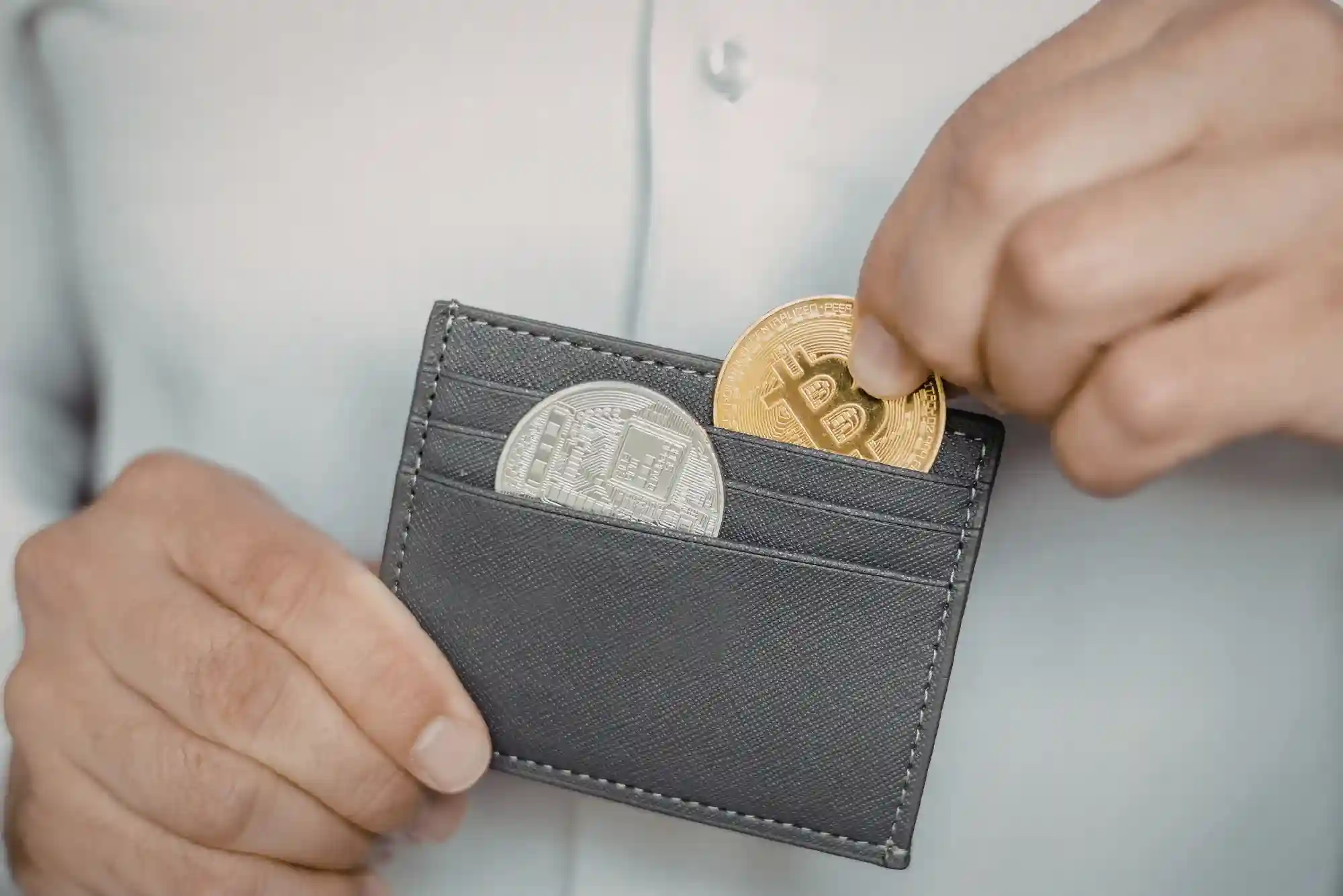Dubai Traditional Food: A Culinary Journey into Emirati Heritage
Dubai’s food culture is a captivating blend of flavors and traditions, reflecting its rich history and diverse influences. From hearty stews to delicious sweets, the traditional Emirati cuisine offers a unique and flavorful experience that every food lover should explore.
The Essence of Emirati Cuisine
Emirati cuisine is heavily influenced by the ingredients and cooking methods that were historically available in the Arabian Peninsula. Key ingredients include rice, fish, meat (mainly lamb, chicken, and camel), dates, and spices like saffron, turmeric, and cardamom. These flavors come together to create meals that are both aromatic and delicious.
Popular Dubai Traditional Dishes
Dubai offers a range of traditional dishes that highlight the essence of Emirati culture. Here are some must-try traditional foods:
2.1. Al Harees
Al Harees is a slow-cooked dish made from wheat and meat, often seasoned with a pinch of salt. It’s a simple, hearty meal traditionally served during special occasions like Ramadan and weddings.
2.2. Machboos
Machboos is a spiced rice dish, somewhat similar to biryani, but with distinct Emirati flavors. It’s made with chicken, lamb, or fish, and seasoned with a blend of spices, dried lemon, and saffron.
2.3. Al Madrooba
This dish consists of salted fish cooked in a thick sauce with spices and flour. It’s a favorite during Ramadan and other festive occasions, offering a savory, hearty flavor.
2.4. Luqaimat
Luqaimat are small, sweet dumplings that are crispy on the outside and soft on the inside, often drizzled with date syrup. Dubai Traditional Food They are a beloved dessert during the holy month of Ramadan and other celebrations.
Traditional Beverages in Dubai
Beverages are an essential part of Dubai’s food culture. Here are some popular choices:
3.1. Arabic Coffee (Gahwa)
Arabic coffee is more than just a drink in Dubai; it’s a symbol of hospitality. Flavored with cardamom and sometimes saffron, it’s served in small cups alongside dates.
3.2. Jallab
This is a refreshing, sweet drink made from grape molasses, dates, and rose water, topped with pine nuts. It’s perfect for cooling down after a long, hot day in the desert sun.
Influence of Bedouin Culture
The Bedouin lifestyle has greatly shaped Dubai’s traditional food. Due to the desert environment, the Bedouins relied on ingredients that could withstand harsh conditions, such as dates, camel milk, and rice. Camel meat is still considered a delicacy, and camel milk is valued for its nutritional benefits.
Where to Experience Traditional Emirati Food in Dubai
While many restaurants in Dubai offer international cuisine, several spots specialize in traditional Emirati dishes:
- Al Fanar Restaurant – One of the best places to enjoy authentic Emirati food in a nostalgic, old-Dubai setting.
- SMCCU (Sheikh Mohammed Centre for Cultural Understanding) – Experience traditional meals while learning about Emirati culture.
Spices: The Heart of Dubai’s Cuisine
Spices play a critical role in traditional Dubai dishes. The city’s location along ancient spice routes made it a hub for exotic spices like saffron, cinnamon, turmeric, and cardamom. These spices add depth and warmth to every dish, creating a distinct flavor that’s synonymous with Dubai’s food.
The Importance of Dates in Emirati Culture
Dates are not just a staple food in Dubai but a symbol of hospitality and prosperity. They are often served with Arabic coffee and are a key ingredient in many traditional desserts. Dubai’s date markets offer a wide variety of dates, from the chewy Khidri to the soft and sweet Medjool.
Modern Takes on Traditional Foods
As Dubai has rapidly modernized, many chefs have incorporated contemporary techniques and ingredients into traditional Emirati dishes. This fusion of old and new makes for exciting culinary experiences that reflect the dynamic nature of the city.
Savor the Flavors of Dubai
Dubai’s traditional food offers a fascinating insight into the city’s history, culture, and way of life. Whether you’re indulging in a plate of Machboos or sipping on Arabic coffee, each bite tells a story of Dubai’s rich culinary heritage.




